Also known as “nature tourism”, Ecotourism is defined by the International Ecotourism Society as responsible travel that conserves environments and improves the well-being of local people.
As the world embraces sustainable travel, Lagos offers unique eco-friendly experiences that blend modern enthusiasm with natural beauty. This purposeful move has the capacity to attract environmentally-conscious travelers, promoting sustainable development within the region.
The Surge Of Ecotourism In Lagos
Responsible travel to natural places, environmental preservation, and enhancing the well-being of local populations are the main focuses of eco-tourism. This idea is catching on in Lagos, matching up with international trends and raising awareness of sustainable practices. The city is a prime choice for eco-friendly tourism projects because of its unique landscape which includes mangroves, parks, and coastal areas.
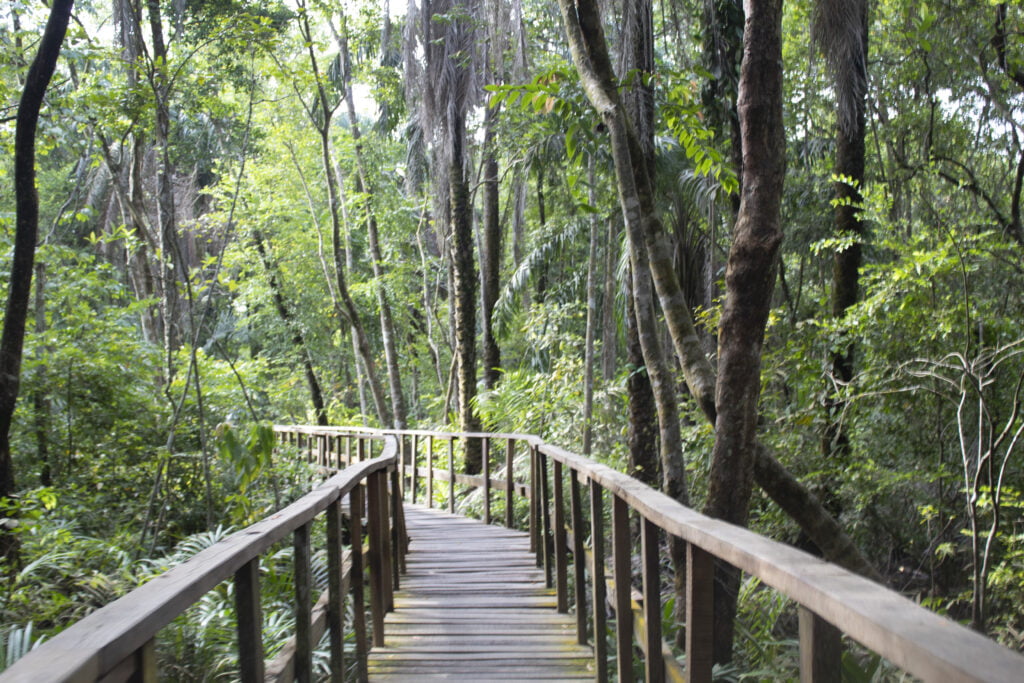
Best Practices In Ecotourism
Sustainable Accommodation
Lagos is home to a number of eco-friendly hotels. Green hotel techniques, like energy-efficient lighting, water conservation systems, and waste recycling programs, are mostly being implemented by luxury hotels. These lodgings set the bar for environmentally conscious hospitality in the city by offering comfort to visitors without sacrificing the environment.
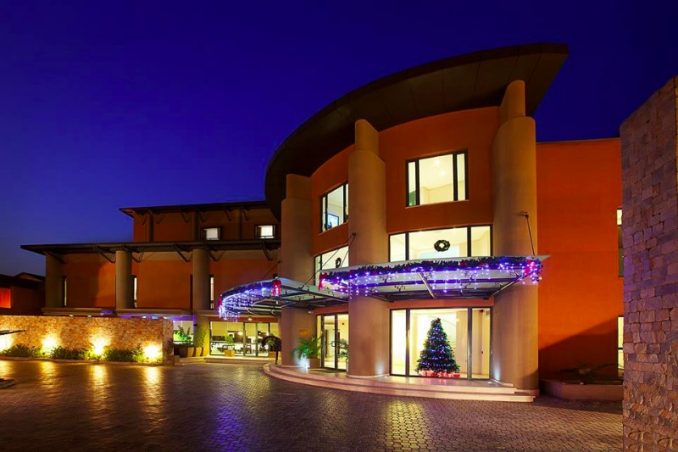
Community Involvement
Community involvement is essential for ecotourism to succeed. It has been crucial to implement programs like the collaboration of Lagos State Government with nearby communities to preserve and manage natural resources. By including residents in tourism and conservation initiatives, community-based ecotourism projects ensure that they gain financially while protecting the nature and cultural legacy of the area.

Conservation Efforts
Lagos is home to several conservation areas and nature reserves. The Lekki Conservation Centre (LCC), managed by the Nigerian Conservation Foundation (NCF), is a great example. The LCC offers a serene environment for tourists to experience Lagos’s natural beauty while learning about conservation. Activities such as canopy walks, bird watching, and educational tours raise awareness about the importance of protecting the environment.
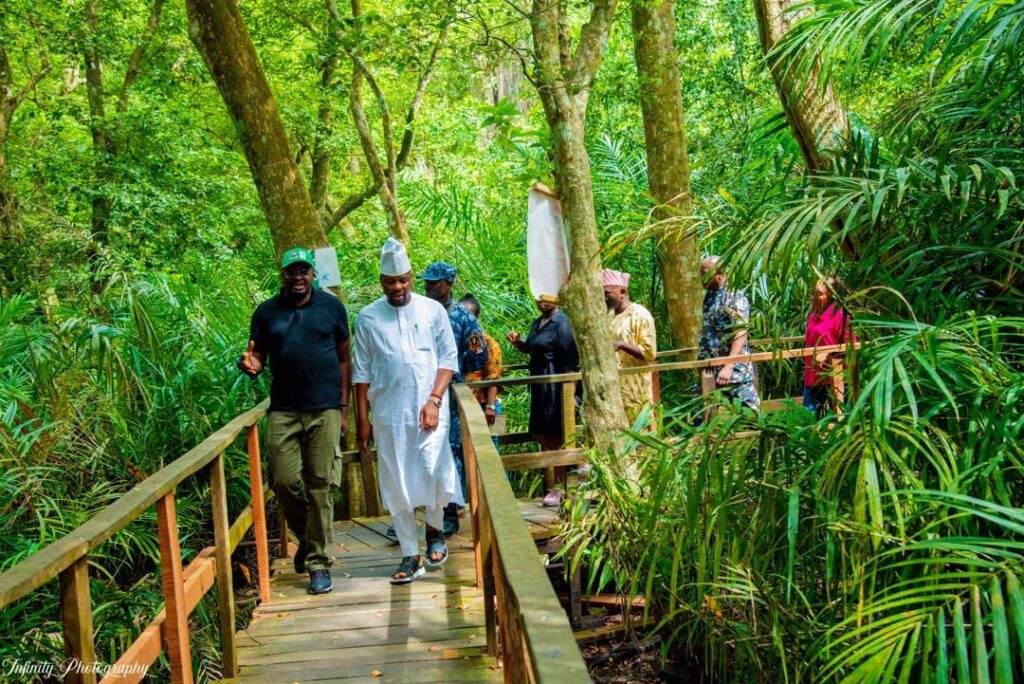
Eco-friendly Transportation
The city is championing environmentally friendly modes of transportation in a bid to reduce its carbon impact. Its larger plan to cut emissions includes the installation of electric buses and the extension of bike lanes. These programs improve the quality of life for both locals and visitors by promoting sustainable tourism and helping to reduce urban pollution.
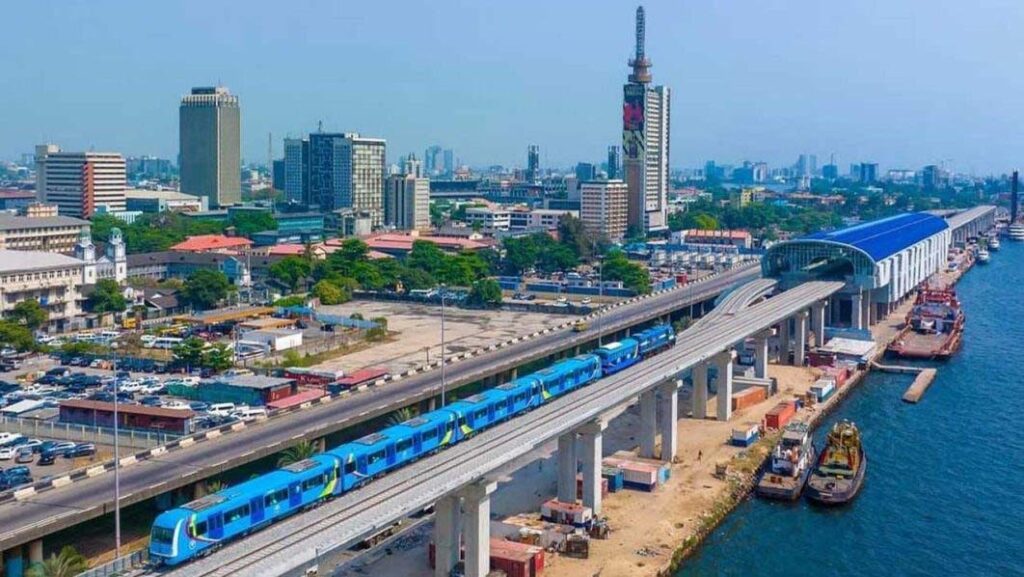
Environmental Education
Educational programs are crucial for fostering a culture of sustainability. Ecotourism operators in Lagos often include environmental education as part of their tours. For instance, the Lagos Urban Forest and Animal Shelter Initiative (LUFASI) offers guided tours that educate visitors about local flora and fauna, the importance of biodiversity, and the impact of human activities on ecosystems.
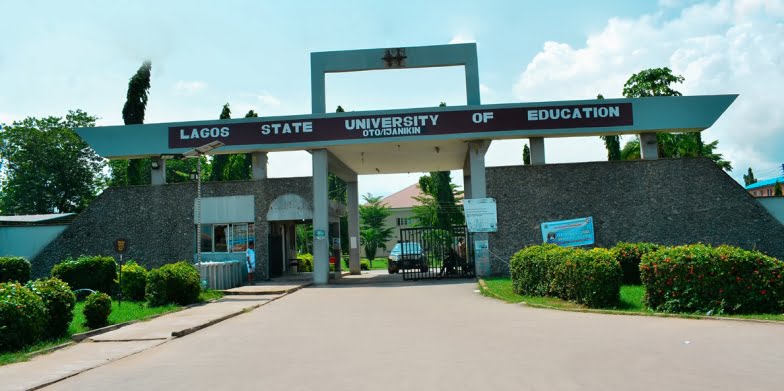
Future Prospects Of Ecotourism In Lagos
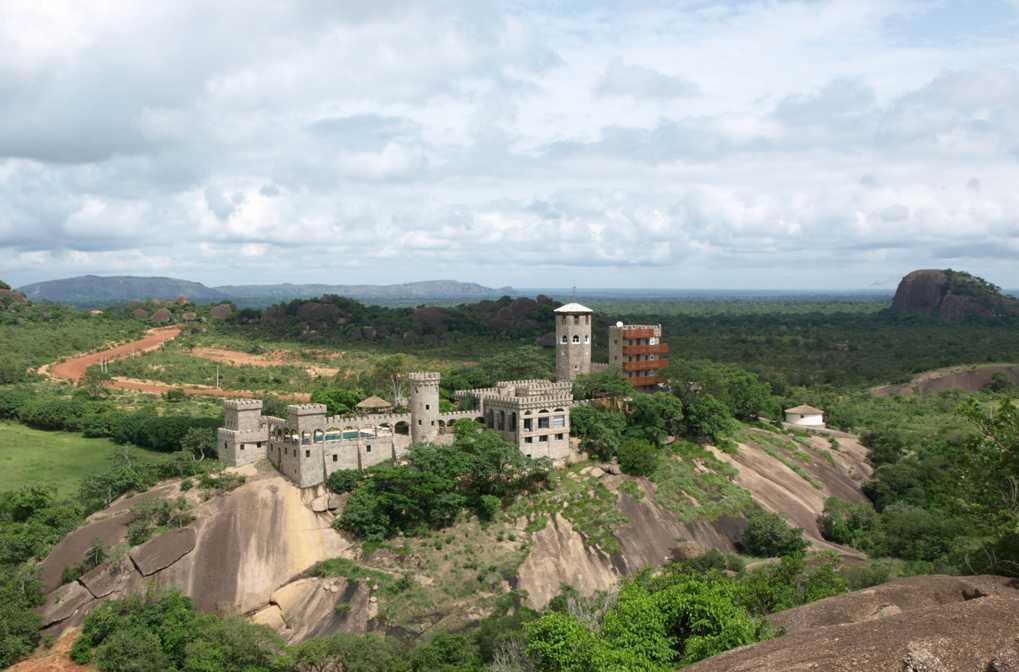
Expanding Ecotourism Infrastructure
With efforts to expand eco-friendly infrastructure, ecotourism in Lagos appears to have a bright future. The appeal of the city to eco-aware tourists will be further enhanced by investments in sustainable waste management systems, renewable energy sources, and green structures. Creating this kind of infrastructure will be essential in preserving the equilibrium between the expansion of tourism and environmental sustainability, as Lagos develops into a major eco-tourism hub.
Leveraging Technology
Mobile apps and online platforms can provide tourists with information on eco-friendly activities, sustainable practices, and real-time updates on environmental conditions. Virtual tours and augmented reality (AR) experiences can offer unique ways for tourists to explore Lagos’s natural attractions while reducing physical impact on sensitive areas.
Government Policies and Support
To create an atmosphere that is conducive for sustainable tourism, the Lagos State Government has already begun taking action. Policies that support eco-friendly practices among businesses and visitors, safeguard natural habitats, and provide incentives for green investments will be crucial. Maintaining governmental backing can help eco-tourism flourish and make sure it benefits the environment and local economy.
Global Collaboration
Partnerships with global environmental organizations, travel agencies, and environmentalists can provide knowledge, capital, and cutting-edge techniques that aid the effective propagation of nature travel. These partnerships may also aid in promoting Lagos as a leading eco-tourism location on a worldwide scale, attracting a wide variety of environmentally aware tourists.
Promoting Local Culture and Heritage
Ecotourism in Lagos has the potential to go beyond natural attractions by integrating cultural and heritage tourism. Fostering traditional practices, local arts, and cultural festivals within the eco-tourism framework can offer tourists a holistic experience. This enhances the traveler experience and helps promote and preserve Nigeria’s rich cultural legacy.
Lagos is establishing itself as a top destination for eco-aware tourists. As eco-tourism is embraced and further grown, the path for a greener future is being paved. For this dedication to sustainability, there will be a significant influx of visitors from all over the world who are eager to experience the city’s unique beauty while also helping protecting its cultural and natural assets.







